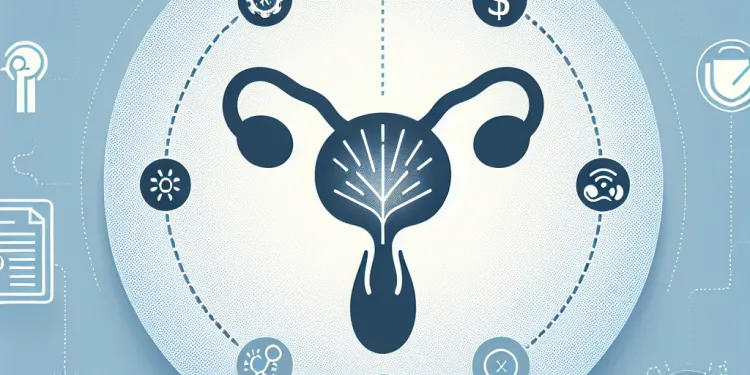
Find Help
More Items From Ergsy search
-
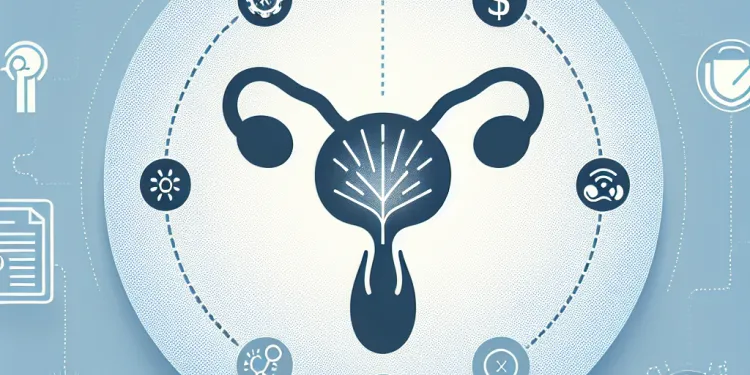
Hormone Therapy for prostate cancer
Relevance: 100%
-
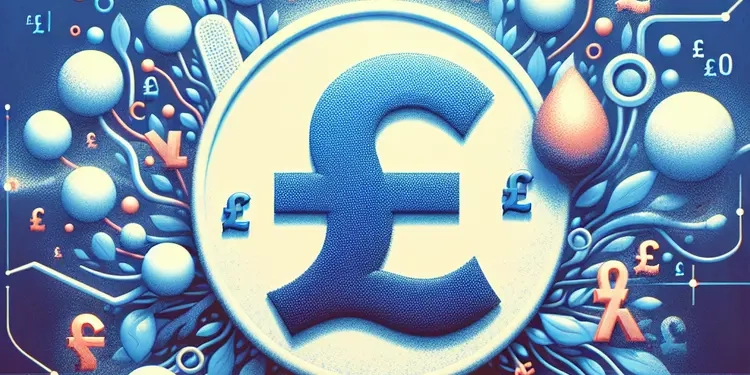
How does hormone therapy help in treating prostate cancer?
Relevance: 87%
-
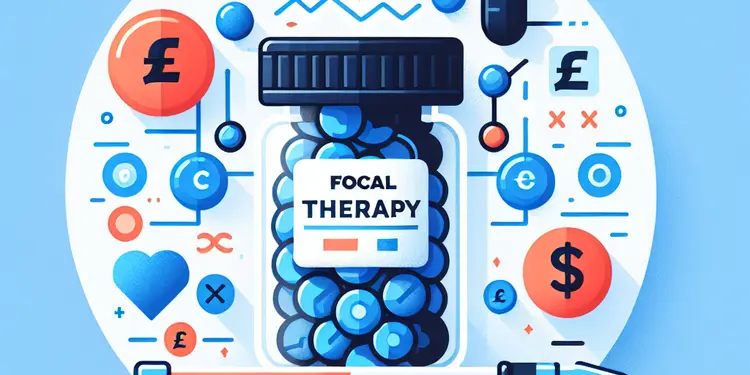
Is focal therapy an option for prostate cancer?
Relevance: 72%
-
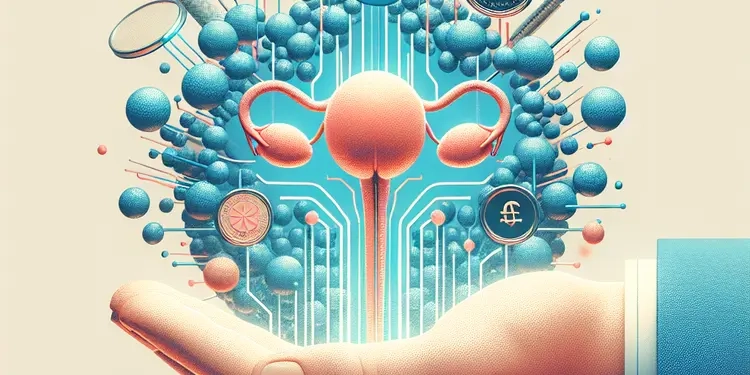
Can prostate cancer be treated with targeted therapy?
Relevance: 71%
-
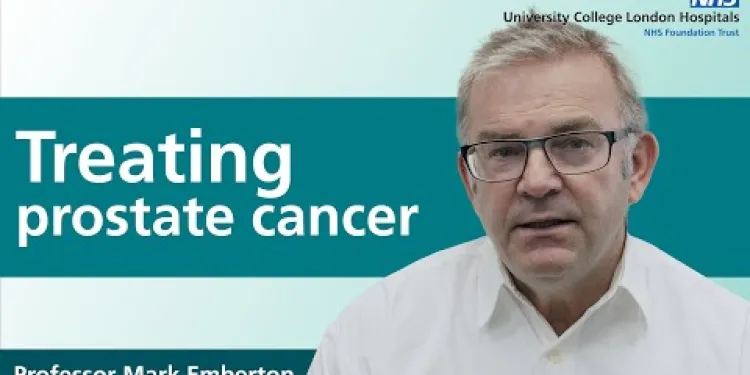
Treating prostate cancer
Relevance: 65%
-
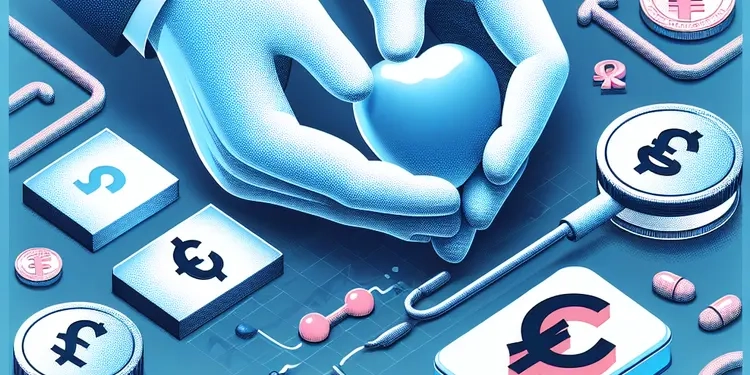
How is prostate cancer treated?
Relevance: 63%
-
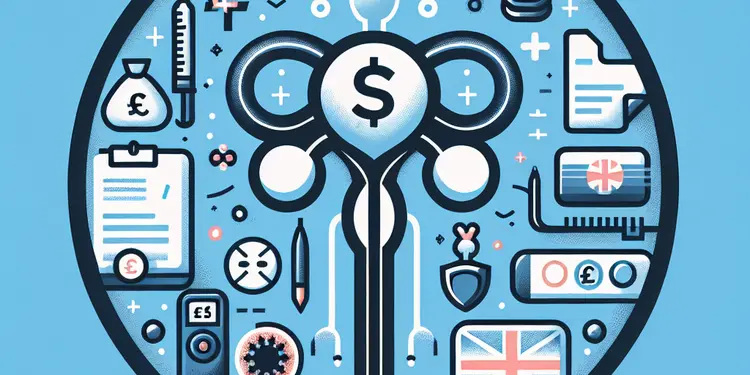
How is advanced prostate cancer treated?
Relevance: 63%
-

What is Prostate Cancer?
Relevance: 59%
-
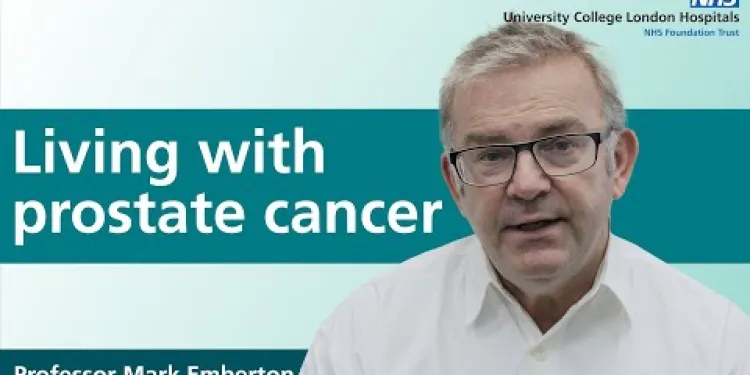
Living with prostate cancer
Relevance: 58%
-

Can prostate cancer recur after treatment?
Relevance: 58%
-
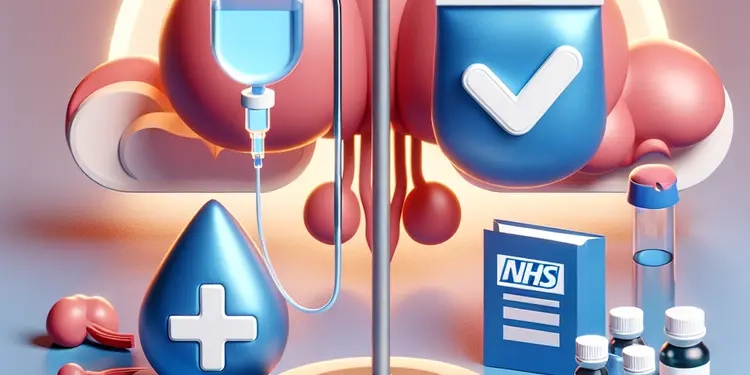
When is chemotherapy used for prostate cancer?
Relevance: 57%
-
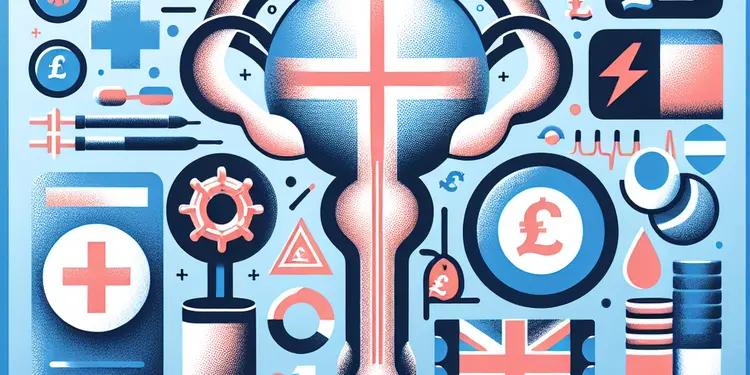
Can Abiraterone be used for early-stage prostate cancer?
Relevance: 56%
-

Is BPH the same as prostate cancer?
Relevance: 56%
-

What is the role of immunotherapy in prostate cancer treatment?
Relevance: 56%
-
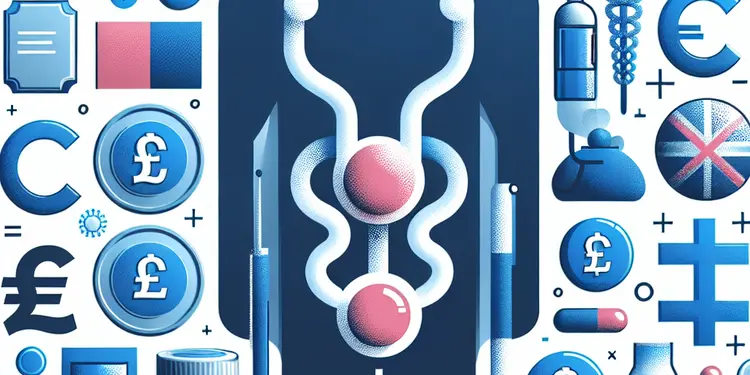
Does Abiraterone cure prostate cancer?
Relevance: 55%
-
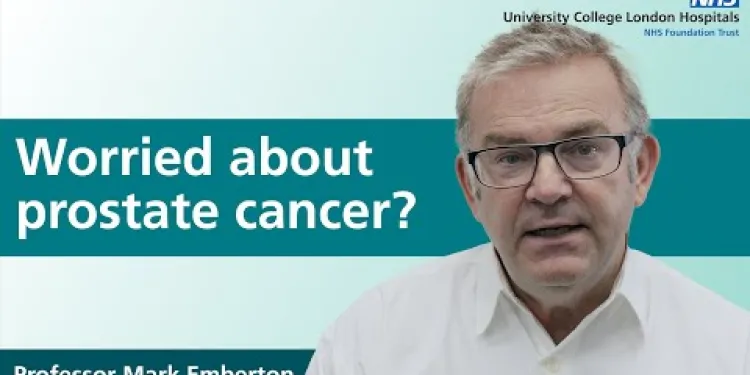
Prostate cancer diagnosis and tests
Relevance: 54%
-
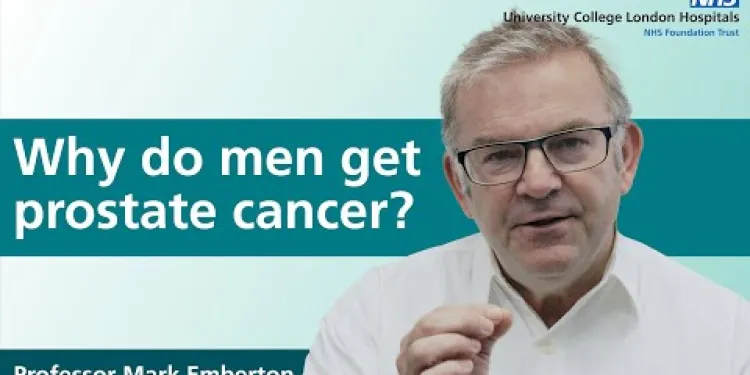
Why do men get prostate cancer?
Relevance: 54%
-

How does Abiraterone affect hormone levels?
Relevance: 53%
-
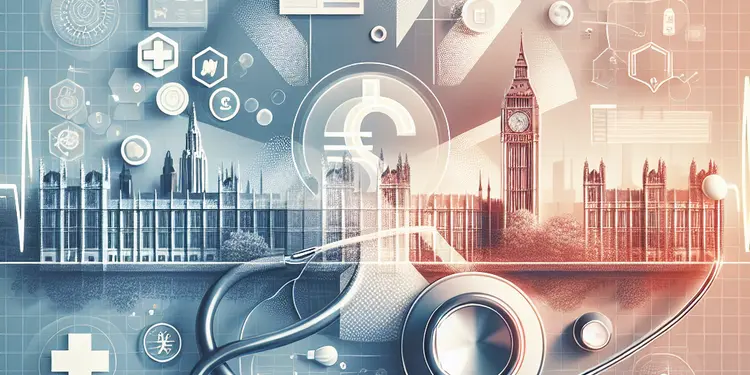
What factors determine the treatment plan for prostate cancer?
Relevance: 52%
-
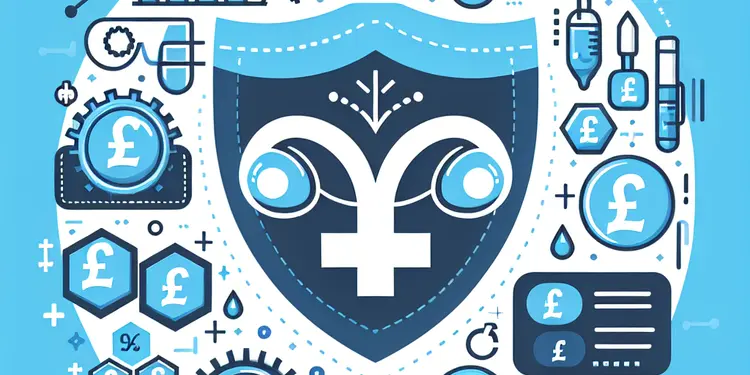
Is hormone replacement therapy safe for menopause masking?
Relevance: 51%
-
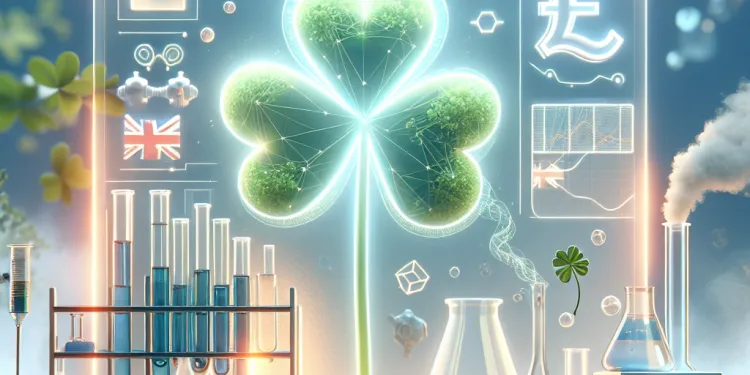
Breakthrough in Cancer Treatment Offers Hope for Prostate Cancer Patients
Relevance: 51%
-
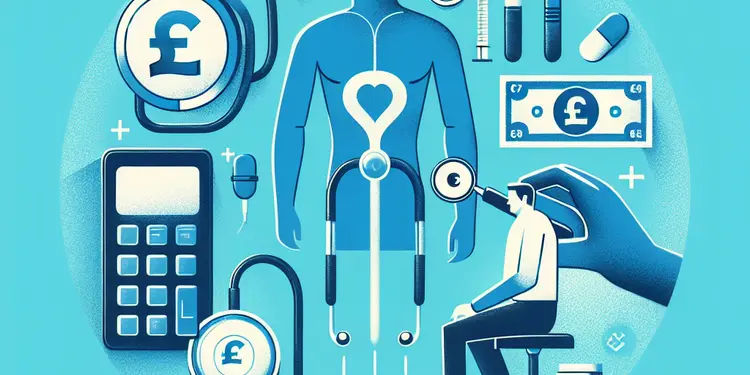
Are there clinical trials available for prostate cancer treatment?
Relevance: 51%
-

Where can I find online resources for prostate cancer treatments on the NHS?
Relevance: 51%
-
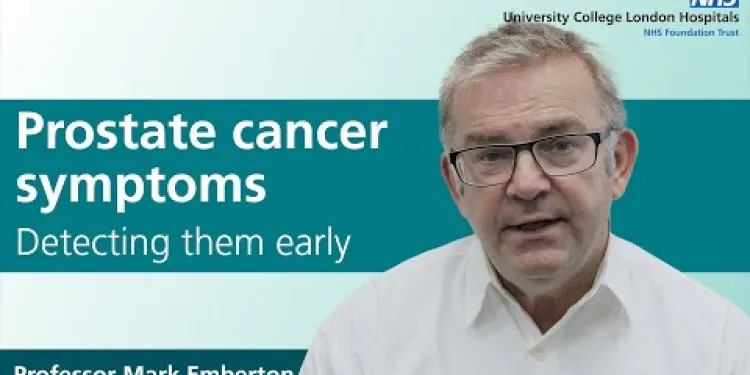
Prostate cancer symptoms - detecting them early
Relevance: 50%
-
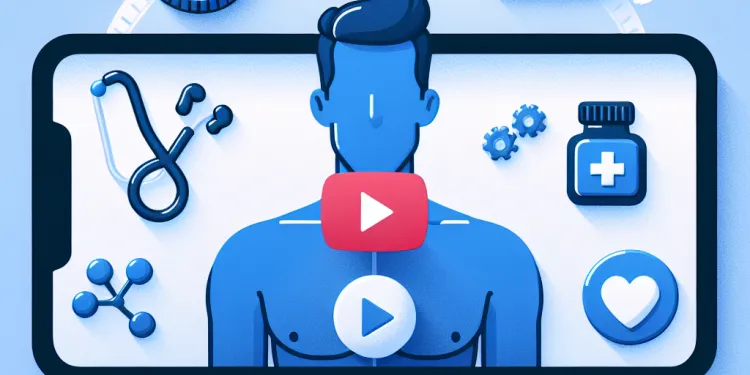
Am I more at risk of prostate cancer?
Relevance: 50%
-

Can lifestyle changes complement prostate cancer treatment?
Relevance: 49%
-

Does BPH increase the risk of prostate cancer?
Relevance: 48%
-
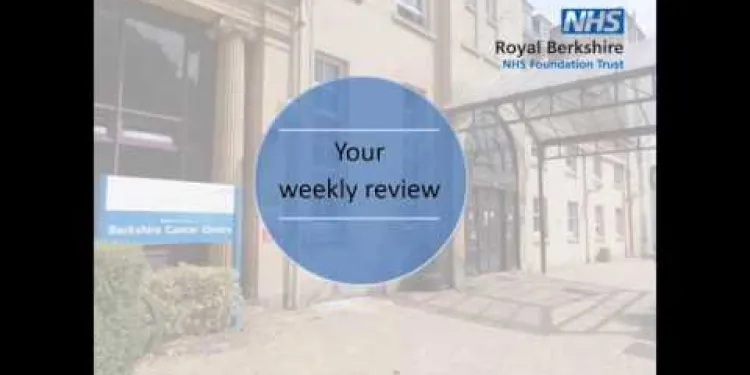
Royal Berkshire NHS Foundation Trust: Radiotherapy for prostate cancer
Relevance: 48%
-
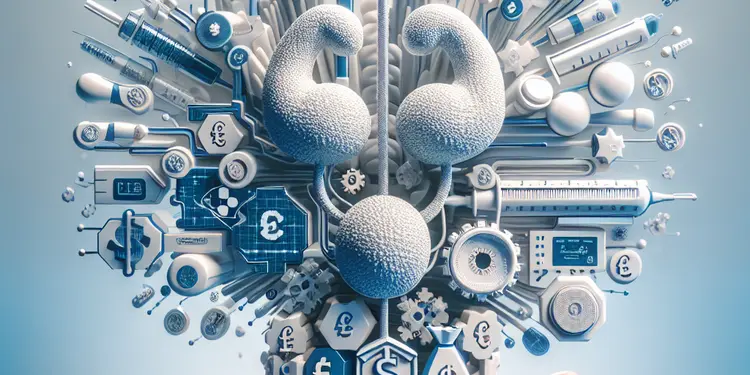
How does cryotherapy work in treating prostate cancer?
Relevance: 48%
-

What is the purpose of a bone scan in prostate cancer treatment?
Relevance: 48%
-
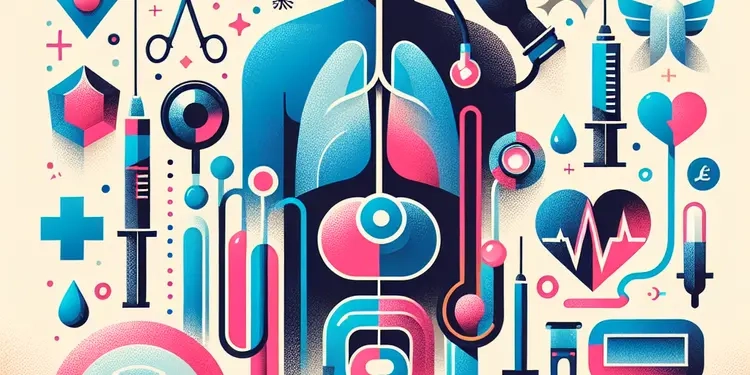
What are the side effects of prostate cancer surgery?
Relevance: 48%
-

Can I access prostate cancer information online through the NHS?
Relevance: 47%
-
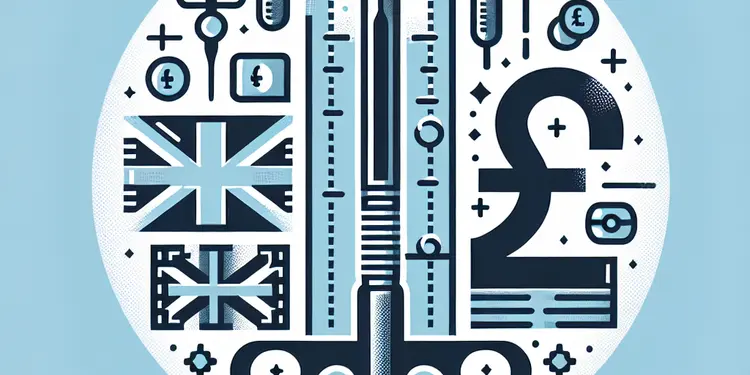
How does surgery treat prostate cancer?
Relevance: 47%
-
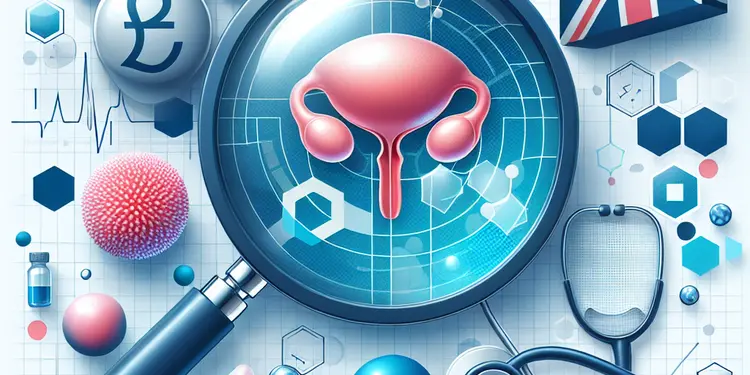
What is active surveillance in prostate cancer treatment?
Relevance: 47%
-

Does the NHS offer an online hospital for prostate cancer?
Relevance: 46%
-

Are there online support services for prostate cancer patients on the NHS?
Relevance: 45%
-

Is there an NHS app for managing prostate cancer care?
Relevance: 44%
-

Are there specific vegetables that are more effective against prostate cancer?
Relevance: 44%
-
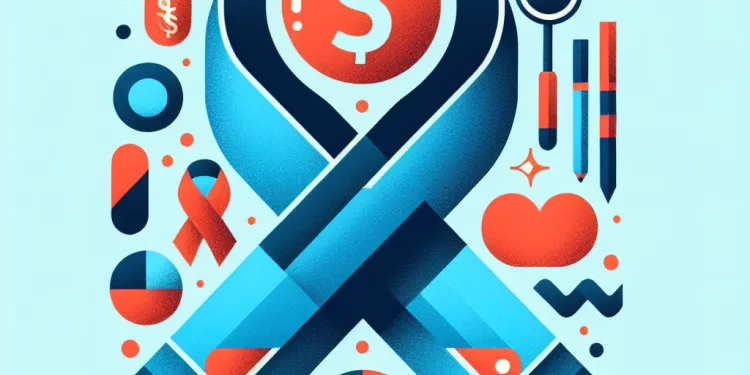
What are PSA levels? - Prostate Cancer
Relevance: 43%
-

Does the NHS offer an online hospital for prostate cancer?
Relevance: 43%
What is hormone therapy
Hormone therapy, also known as androgen deprivation therapy (ADT), is a vital treatment for prostate cancer. It targets the male hormones (androgens) that fuel the growth of prostate tumors, primarily testosterone. This therapy can slow down or even halt cancer progression, providing relief from symptoms and improving overall survival rates. Hormone therapy may be used as the primary treatment for localized prostate cancer or in combination with other treatments for more advanced cases. Common approaches include medication to block androgen production or the use of gonadotropin-releasing hormone (GnRH) agonists. While effective, hormone therapy can lead to side effects like hot flashes, fatigue, and decreased libido, which need to be carefully managed.
Hormone Therapy for Prostate Cancer
Understanding Hormone Therapy
Hormone therapy, also known as androgen deprivation therapy (ADT), is a treatment designed to lower the levels of male hormones, such as testosterone, in the body. These hormones can stimulate the growth of prostate cancer cells. In the United Kingdom, hormone therapy is a commonly employed approach to treat prostate cancer, especially when the disease has spread beyond the prostate gland or when it is at risk of doing so.
How Hormone Therapy Works
The primary goal of hormone therapy is to reduce or block the production of testosterone, which prostate cancer cells rely on to grow and divide. This can be achieved through various methods, including medications that stop the testicles from producing testosterone or drugs that block testosterone from reaching cancer cells. In some cases, surgical removal of the testicles (orchidectomy) may be considered as a permanent solution.
Types of Hormone Therapy
1. **LHRH Agonists and Antagonists:** These drugs lower testosterone levels by preventing the testicles from receiving instructions from the brain to produce the hormone. 2. **Anti-androgens:** These medications block testosterone from binding to prostate cancer cells. 3. **Orchidectomy:** This surgical option involves the removal of the testicles, leading to a significant drop in testosterone levels.
Benefits and Side Effects
Hormone therapy can be an effective way to control prostate cancer, reduce symptoms, and improve quality of life. However, it is important to be aware of potential side effects. Common side effects may include hot flushes, reduced libido, erectile dysfunction, fatigue, and loss of bone density, among others. It is crucial to discuss these with your healthcare provider to manage and mitigate these effects.
Personalising Treatment
In the UK, the approach to hormone therapy is personalised based on the individual patient's condition, the stage of cancer, and other health factors. Treatment plans are tailored to meet the specific needs of each patient, potentially combining hormone therapy with other treatments such as radiotherapy or chemotherapy for optimal outcomes.
Support and Follow-Up
Living with prostate cancer and undergoing hormone therapy can be challenging. It is important for patients to have access to support services, including counselling, support groups, and rehabilitation programs to manage both physical and emotional wellbeing. Regular follow-up appointments with healthcare providers are essential to monitor the patient's response to treatment and to make any necessary adjustments.
Conclusion
Hormone therapy plays a crucial role in the management of prostate cancer in the United Kingdom. Understanding the different types, benefits, and potential side effects of this treatment can empower patients and their families to make informed decisions. Always consult with your healthcare provider to determine the best course of action tailored to your specific situation.
What is hormone therapy
Hormone therapy is a treatment for prostate cancer. It is sometimes called androgen deprivation therapy (ADT). This treatment targets male hormones that help cancer grow. The main hormone is testosterone. Hormone therapy can slow down the cancer or stop it from getting worse. It can make people feel better and help them live longer. Doctors use hormone therapy alone or with other treatments, especially when the cancer is more advanced. The therapy usually involves medications that lower or block testosterone. While hormone therapy works well, it can cause side effects like hot flashes, feeling very tired, and a lower interest in sex. These side effects need to be managed carefully.
Hormone Therapy for Prostate Cancer
Understanding Hormone Therapy
Hormone therapy helps treat prostate cancer. It is also called ADT. This treatment lowers male hormones like testosterone. These hormones can make cancer grow. In the UK, hormone therapy is used a lot when cancer spreads or might spread.
How Hormone Therapy Works
The main aim of hormone therapy is to lower testosterone. This makes it harder for cancer to grow. Doctors can use medicines to stop testosterone from being made. They can also use medicines to stop testosterone from reaching cancer cells. Sometimes, doctors may remove the testicles with surgery. This stops testosterone for good.
Types of Hormone Therapy
1. **LHRH Agonists and Antagonists:** These drugs stop the testicles from making testosterone. 2. **Anti-androgens:** These drugs stop testosterone from helping cancer cells. 3. **Orchidectomy:** This surgery removes the testicles. It lowers testosterone a lot.
Benefits and Side Effects
Hormone therapy can help control cancer and make life better. But it can have side effects. Some common ones are hot flashes, less interest in sex, trouble with erections, feeling tired, and weak bones. Always talk to your doctor about these side effects. They can help manage them.
Personalising Treatment
In the UK, hormone therapy is fitted to each person. Doctors look at the type of cancer and the person's health. They may use hormone therapy with other treatments like radiotherapy or chemotherapy to get the best results.
Support and Follow-Up
Living with prostate cancer can be hard. Support is important. Patients can find help from counseling, support groups, and rehab programs. Regular visits to the doctor are important to check how the treatment is working and to make changes if needed.
Conclusion
Hormone therapy is important for treating prostate cancer in the UK. Knowing about the types, benefits, and side effects can help patients and families make good choices. Always talk with your doctor to find the best treatment for you.
Frequently Asked Questions
What is hormone therapy for prostate cancer?
Hormone therapy for prostate cancer involves medications or procedures that reduce or block the production of testosterone, which can fuel the growth of prostate cancer cells.
When is hormone therapy used for prostate cancer?
Hormone therapy is typically used in advanced prostate cancer, recurrent cancer, or in combination with other treatments like radiotherapy to improve outcomes.
What are the types of hormone therapy for prostate cancer?
The main types include LHRH agonists, LHRH antagonists, anti-androgens, and orchiectomy, which is the surgical removal of the testicles.
How does hormone therapy work?
Hormone therapy works by either stopping the body from producing testosterone or by blocking testosterone from reaching cancer cells.
What are the common side effects of hormone therapy?
Common side effects include hot flushes, reduced libido, erectile dysfunction, tiredness, weight gain, and loss of bone density.
How long does hormone therapy last?
The duration can vary; it may be given continuously or intermittently depending on the individual's response and the oncologist's recommendations.
Can hormone therapy cure prostate cancer?
Hormone therapy is not a cure, but it can manage and control prostate cancer, reducing symptoms and slowing down the progression of the disease.
What is an LHRH agonist?
LHRH agonists are drugs that lower testosterone levels in the body by initially increasing LH and FSH, which eventually stops the testicles from making testosterone.
What is an orchiectomy?
An orchiectomy is a surgical procedure to remove the testicles, which stops the production of testosterone and is a permanent form of hormone therapy.
Are there any dietary changes I should consider during hormone therapy?
Maintaining a healthy diet, rich in calcium and vitamin D, can help manage some side effects like bone density loss. Consult with a healthcare provider for personalised advice.
Can hormone therapy affect my mental health?
Yes, hormone therapy can impact mood and emotional well-being. It’s important to talk to a healthcare provider if you experience symptoms such as depression or anxiety.
Is there any monitoring required during hormone therapy?
Regular monitoring through blood tests, including PSA levels, and periodic imaging may be required to assess the effectiveness of hormone therapy and manage side effects.
How is hormone therapy administered?
Hormone therapy can be administered through pills, injections, implants, or surgical procedures like orchiectomy.
Can I continue my normal activities during hormone therapy?
Many patients can continue their normal activities, but side effects may impact overall energy levels and physical capacity. Discuss any concerns with your healthcare provider.
What should I discuss with my doctor before starting hormone therapy?
You should discuss the potential benefits and risks, side effects, duration of therapy, alternatives, and how it fits into the overall treatment plan for your prostate cancer.
What is hormone treatment for prostate cancer?
Hormone treatment helps people with prostate cancer. It slows down or stops cancer by using medicine. The medicine lowers certain hormones that make cancer grow. Here are some ways to understand it better: - **Ask a doctor**: Talking to a doctor can help. They can explain and answer questions. - **Use pictures**: Pictures can show how treatment works. - **Write things down**: Keep notes to remember what the doctor says. These steps can make learning about hormone treatment easier.Hormone therapy for prostate cancer uses medicine or treatments to lower or stop testosterone. Testosterone is a hormone that can help prostate cancer grow.
When do doctors use hormone treatment for prostate cancer?
Hormone treatment can help boys or men with prostate cancer.
Doctors might use it to slow down cancer.
Sometimes, they use it to make other treatments work better.
You can ask your doctor about it.
Doctors use hormone medicine to help treat prostate cancer. This is for when the cancer is very bad, comes back, or when doctors use other treatments too, like special X-rays.
If it's hard to understand, you can ask someone for help or use a reading app that reads it out loud.
What are the kinds of medicine for prostate cancer?
There are different kinds of medicine to help people with prostate cancer. Here are the main ones:
- Injection Medicine: This is medicine given with a needle. It helps stop cancer from growing.
- Pill Medicine: This is a tablet you swallow. It stops your body from making some hormones.
- Surgery: Sometimes, doctors do an operation to help. They take out some parts that make hormones.
If you need help, you can ask a family member, friend, or doctor to explain more.
The main types are:
- LHRH agonists
- LHRH antagonists
- Anti-androgens
- Orchiectomy (this means taking out the testicles with surgery)
How does hormone therapy work?
Hormone therapy is a treatment. It uses special medicines. These medicines help control hormones in your body. Hormones are like little messengers. They tell your body how to work.
Sometimes, hormones can make some illnesses worse. Hormone therapy helps by changing how these hormones work. This can make you feel better.
If you have questions, it is good to talk to a doctor or nurse. They can explain more and help you understand.
Hormone therapy helps treat cancer. It does this in two ways:
1. It stops the body from making a chemical called testosterone.
2. It stops testosterone from getting to the cancer cells.
If you find reading hard, try these tips:
- Listen to the text if you can. Some apps or tools can read it out loud.
- Use a ruler or your finger to follow the words.
- Take breaks if you get tired.
What are the common side effects of hormone therapy?
Hormone therapy can sometimes cause side effects. This means it can make your body feel different or uncomfortable.
Some common side effects are:
- Feeling very tired.
- Changes in mood. This means feeling grumpy or sad.
- Hot flashes. This makes you feel hot all of a sudden.
- Weight gain or losing weight.
If you notice these or other changes, talk to a doctor. They can help you feel better.
It might help to write down how you feel each day. You can also ask someone you trust to help you remember to take your medicine.
If you find reading hard, you can use tools like audiobooks or ask someone to read with you.
Some people have side effects. These can be:
- Feeling hot quickly (hot flushes).
- Not feeling like having sex (reduced libido).
- Having trouble getting or keeping an erection (erectile dysfunction).
- Feeling very tired.
- Gaining weight.
- Bones getting weaker (loss of bone density).
How long do you take hormone medicine?
The time it takes can be different for each person. Sometimes, it might be given all the time or sometimes with breaks. This depends on how the person is doing and what the doctor thinks is best.
Can hormone therapy fix prostate cancer?
Hormone therapy can help with prostate cancer but does not cure it. It works to slow down the cancer by stopping the hormones that help it grow.
Here are some tips to understand better:
- Ask your doctor questions if you don’t understand.
- Read with a family member or friend for support.
- Use pictures or diagrams if they're available.
- Take your time to read each part slowly.
Hormone therapy does not make prostate cancer go away completely. But it can help manage it. It controls the cancer, makes symptoms less bad, and slows down how fast the disease gets worse.
What is an LHRH agonist?
LHRH agonist is a type of medicine. It helps control hormones in the body.
If you find reading hard, you can:
- Ask someone to read it with you.
- Use a computer or tablet to read it out loud to you.
- Look for videos that explain it.
LHRH agonists are medicines. They help to lower the amount of a hormone called testosterone in the body. First, they make the body release more LH and FSH hormones. Then, they tell the testicles to stop making testosterone.
What is an orchiectomy?
An orchiectomy is a type of surgery. In this surgery, doctors take out one or both testicles. Testicles are the part of the body that makes sperm. This surgery can be for health reasons like cancer, or for personal reasons.
If you want to learn more about this surgery, you can:
- Ask your doctor questions
- Look at pictures that explain the surgery
- Watch a video about it
These tools can help you understand better. Make sure to talk to a trusted adult if you have more questions.
An orchiectomy is an operation. In this operation, doctors take out the testicles. The testicles make a chemical called testosterone. After this operation, the body stops making testosterone forever.
What should I eat when having hormone treatment?
When you are getting hormone treatment, it is good to think about what you eat. Eating the right foods can help you feel better. Here are some tips:
- Eat lots of fruits and vegetables. They are good for your body.
- Choose whole grains like brown bread and rice. They give you energy.
- Eat lean meats like chicken or fish, or try beans and nuts for protein.
- Drink plenty of water every day.
- Try to eat less sugar and salt.
It can be helpful to talk to a doctor or a dietitian. They can give you advice about the foods that are best for you.
There are tools like picture charts or apps that can help you plan your meals. You can also ask someone to help you with shopping and cooking.
Eating healthy foods with calcium and vitamin D can help keep your bones strong. This can stop some problems like losing bone strength. It's good to talk to a doctor to find out what is best for you.
Can hormone treatment change how I feel?
Hormone treatment can change feelings and thoughts. Some people may feel happier, while others may feel sad or worried.
It can help to talk to someone you trust, like a doctor or counselor, about your feelings.
Writing down feelings in a journal or drawing pictures can also be helpful.
Yes, hormone therapy can change how you feel. It might make you feel sad or worried. If you feel this way, it is important to talk to a doctor or nurse.
Do you need check-ups during hormone therapy?
You might need to have blood tests often. These tests check things like PSA levels in your blood. Sometimes, you might also need special pictures taken of your body. This helps doctors see if the medicine is working and to watch for any side effects.
How do you take hormone medicine?
Hormone medicine can help people. Here is how you might take it:
- Pills: You can swallow them with water.
- Skin patches: Stick them on your skin.
- Injections: A doctor might give you a shot.
- Gels or creams: You can rub them on your skin.
If you need help remembering how to take your medicine, here are some tips:
- Use a timer or alarm to remind you.
- Ask someone you trust to help you remember.
- Keep your medicine in a safe place where you can see it.
If you have questions, talk to your doctor or nurse. They are there to help you feel better.
You can get hormone therapy in different ways. You might take pills. Some people get shots. Others have tiny things put in their body called implants. Some people have a surgery called an orchiectomy.
Can I keep doing my usual activities while taking hormone medicine?
A lot of people can keep doing their usual things. But sometimes, side effects can make you feel tired or less strong. Talk to your doctor if you are worried.
What should I talk about with my doctor before starting hormone treatment?
Here are some tips to help you:
- Ask questions: It’s okay to ask your doctor lots of questions. Ask what the treatment does, how it can help you, and any side effects it might have.
- Tell your doctor how you feel: Share how you are feeling and any worries you might have.
- Bring a friend or family member: You can bring someone with you to help remember what the doctor says.
- Use simple words: Ask your doctor to explain things in simple words if you do not understand.
- Take notes: Write down important things the doctor tells you.
- Use pictures or diagrams: Ask if your doctor can use pictures to help explain things.
These ideas can help you feel ready to talk to your doctor!
Talk about these things with your doctor:
- Good things and bad things about the treatment
- Side effects (how it might make you feel)
- How long the treatment will last
- Other treatments you can try
- How this treatment helps with all of your care for prostate cancer
Useful Links
This website offers general information and is not a substitute for professional advice.
Always seek guidance from qualified professionals.
If you have any medical concerns or need urgent help, contact a healthcare professional or emergency services immediately.
Some of this content was generated with AI assistance. We’ve done our best to keep it accurate, helpful, and human-friendly.
- Ergsy carfully checks the information in the videos we provide here.
- Videos shown by Youtube after a video has completed, have NOT been reviewed by ERGSY.
- To view, click the arrow in centre of video.
- Most of the videos you find here will have subtitles and/or closed captions available.
- You may need to turn these on, and choose your preferred language.
- Go to the video you'd like to watch.
- If closed captions (CC) are available, settings will be visible on the bottom right of the video player.
- To turn on Captions, click settings .
- To turn off Captions, click settings again.
More Items From Ergsy search
-

Hormone Therapy for prostate cancer
Relevance: 100%
-

How does hormone therapy help in treating prostate cancer?
Relevance: 87%
-

Is focal therapy an option for prostate cancer?
Relevance: 72%
-

Can prostate cancer be treated with targeted therapy?
Relevance: 71%
-

Treating prostate cancer
Relevance: 65%
-

How is prostate cancer treated?
Relevance: 63%
-

How is advanced prostate cancer treated?
Relevance: 63%
-

What is Prostate Cancer?
Relevance: 59%
-

Living with prostate cancer
Relevance: 58%
-

Can prostate cancer recur after treatment?
Relevance: 58%
-

When is chemotherapy used for prostate cancer?
Relevance: 57%
-

Can Abiraterone be used for early-stage prostate cancer?
Relevance: 56%
-

Is BPH the same as prostate cancer?
Relevance: 56%
-

What is the role of immunotherapy in prostate cancer treatment?
Relevance: 56%
-

Does Abiraterone cure prostate cancer?
Relevance: 55%
-

Prostate cancer diagnosis and tests
Relevance: 54%
-

Why do men get prostate cancer?
Relevance: 54%
-

How does Abiraterone affect hormone levels?
Relevance: 53%
-

What factors determine the treatment plan for prostate cancer?
Relevance: 52%
-

Is hormone replacement therapy safe for menopause masking?
Relevance: 51%
-

Breakthrough in Cancer Treatment Offers Hope for Prostate Cancer Patients
Relevance: 51%
-

Are there clinical trials available for prostate cancer treatment?
Relevance: 51%
-

Where can I find online resources for prostate cancer treatments on the NHS?
Relevance: 51%
-

Prostate cancer symptoms - detecting them early
Relevance: 50%
-

Am I more at risk of prostate cancer?
Relevance: 50%
-

Can lifestyle changes complement prostate cancer treatment?
Relevance: 49%
-

Does BPH increase the risk of prostate cancer?
Relevance: 48%
-

Royal Berkshire NHS Foundation Trust: Radiotherapy for prostate cancer
Relevance: 48%
-

How does cryotherapy work in treating prostate cancer?
Relevance: 48%
-

What is the purpose of a bone scan in prostate cancer treatment?
Relevance: 48%
-

What are the side effects of prostate cancer surgery?
Relevance: 48%
-

Can I access prostate cancer information online through the NHS?
Relevance: 47%
-

How does surgery treat prostate cancer?
Relevance: 47%
-

What is active surveillance in prostate cancer treatment?
Relevance: 47%
-

Does the NHS offer an online hospital for prostate cancer?
Relevance: 46%
-

Are there online support services for prostate cancer patients on the NHS?
Relevance: 45%
-

Is there an NHS app for managing prostate cancer care?
Relevance: 44%
-

Are there specific vegetables that are more effective against prostate cancer?
Relevance: 44%
-

What are PSA levels? - Prostate Cancer
Relevance: 43%
-

Does the NHS offer an online hospital for prostate cancer?
Relevance: 43%


